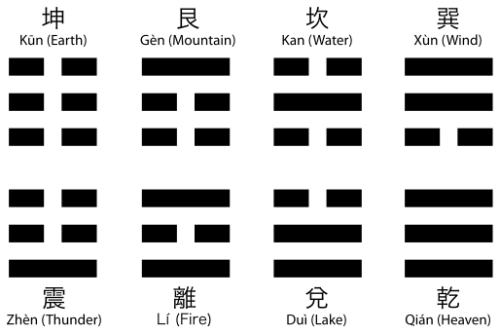From Thomas Mann, "Schopenhauer," 1938, in Essays of Three Decades , translated by H. T. Lowe-Porter, Alfred A. Knopf, 1947, pp. 372-410—
Page 372: THE PLEASURE we take in a metaphysical system, the gratification purveyed by the intellectual organization of the world into a closely reasoned, complete, and balanced structure of thought, is always of a pre-eminently aesthetic kind. It flows from the same source as the joy, the high and ever happy satisfaction we get from art, with its power to shape and order its material, to sort out life's manifold confusions so as to give us a clear and general view.
Truth and beauty must always be referred the one to the other. Each by itself, without the support given by the other, remains a very fluctuating value. Beauty that has not truth on its side and cannot have reference to it, does not live in it and through it, would be an empty chimera— and "What is truth?"

